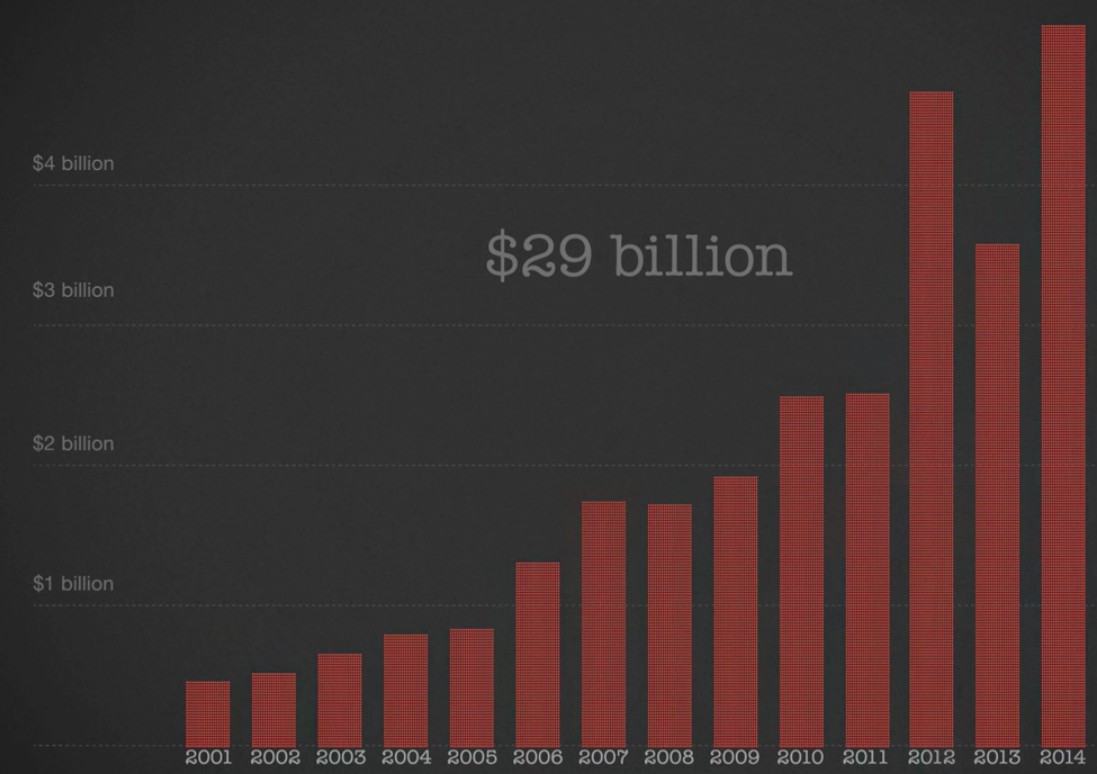The Attorney General Wants Police To Seize More Private Property

By:
The power of law enforcement agencies to take the cash and property of suspected criminals could be expanded under President Donald Trump's administration.
 Stocksy/Sean Locke - stocksy.com
Stocksy/Sean Locke - stocksy.com
At the same time that criminal justice reform advocates are calling for increased regulation of asset forfeiture programs—which allow law enforcement officials to seize the belongings of people suspected of crimes—Attorney Jeff Sessions signaled his desire to free up these programs.
Sessions said the Justice Department will introduce "a new directive on asset forfeiture" this week that targets drug traffickers in particular.
"With care and professionalism, we plan to develop policies to increase forfeiture," Sessions said during a speech in Minneapolis, Minnesota, on Monday. "No criminal should be allowed to keep the proceeds of their crime."
The reason that asset forfeiture programs are controversial is that the practice is prone to abuse.
In most states, and at the federal level, law enforcement officials aren't required to charge or convict suspected criminals in order to take their money and property under civil asset forfeiture laws. And if a forfeiture goes unchallenged in court, the seized property is permanently in the law enforcement agency's possession—even if the suspect simply can't afford an attorney to represent them or missed a deadline to file a claim.
"Civil forfeiture laws pose one of the greatest threats to property rights in the nation today," the libertarian Institute of Justice reported. "They encourage law enforcement to favor the pursuit of property over the pursuit of justice, and they typically give the innocent little recourse for recovering seized property."
Over the last 15 years, the use of asset forfeiture has dramatically increased. The Justice Department took in a sum of $4.5 billion in asset forfeitures in 2014, compared to just about $570 million in 2004.
 YouTube - youtube.com
YouTube - youtube.com
State law enforcement agencies have also relied more heavily on these programs, with the value of seized assets more than doubling in 14 states from 2002 to 2013, according to the Institute of Justice report. That trend could be more widespread, but transparency is another problem with asset forfeiture programs and the Institute of Justice was only able to obtain revenue data from those 14 states.
The Justice Department under President Barack Obama's administration took steps to prevent agencies from exploiting asset forfeiture programs.
 Wikimedia Commons - wikimedia.org
Wikimedia Commons - wikimedia.org
Former Attorney General Eric Holder enacted policies in 2015 that were designed to prohibit state and local law enforcement departments from using a loophole called "adoptive asset forfeiture" that enabled them to get around state laws restricting asset forfeiture. In states that made it more difficult for law enforcement to seize the cash and property of suspected criminals, state and local authorities could ask the federal government to "adopt" assets they seized and process them under the federal government's looser regulations. Then those assets would be returned by the federal authorities to the state or local agencies.
"This is the first step in a comprehensive review that we have launched of the federal asset forfeiture program," Holder said in a memo at the time.
 AP/Ron Sachs - apimages.com
AP/Ron Sachs - apimages.com
Sessions made it clear that he disagrees with Holder's 2015 guidance on Monday. Besides expanding law enforcement authority to use asset forfeiture overall, Sessions said that "[a]doptive forfeitures are appropriate, as is sharing with our partners."
It's unclear how Sessions plans to empower law enforcement agencies to use asset forfeiture more often, but his endorsement of adoptive forfeitures indicated to some that he might seek to undo Holder's directive on adoptive asset forfeiture.
"Sessions signals he'll undo Holder's memo on adoptive forfeiture, to seize more assets," Washington Post reporter Devlin Barrett tweeted on Monday.
The Justice Department did not respond to ATTN:'s request for comment.
